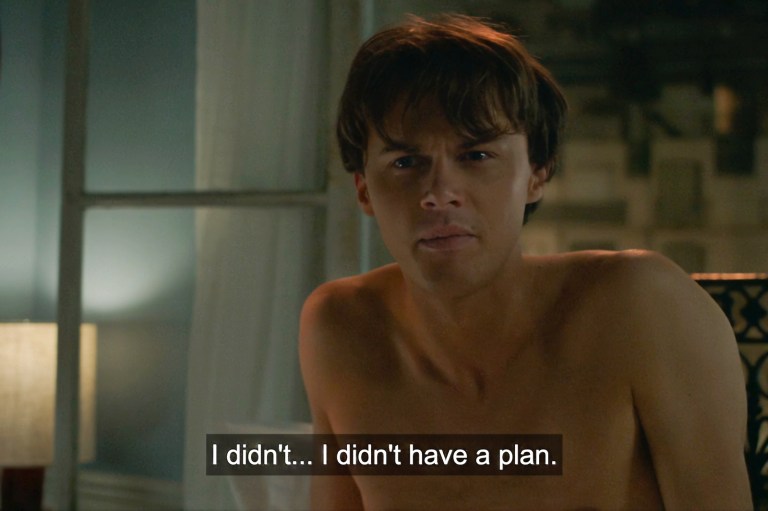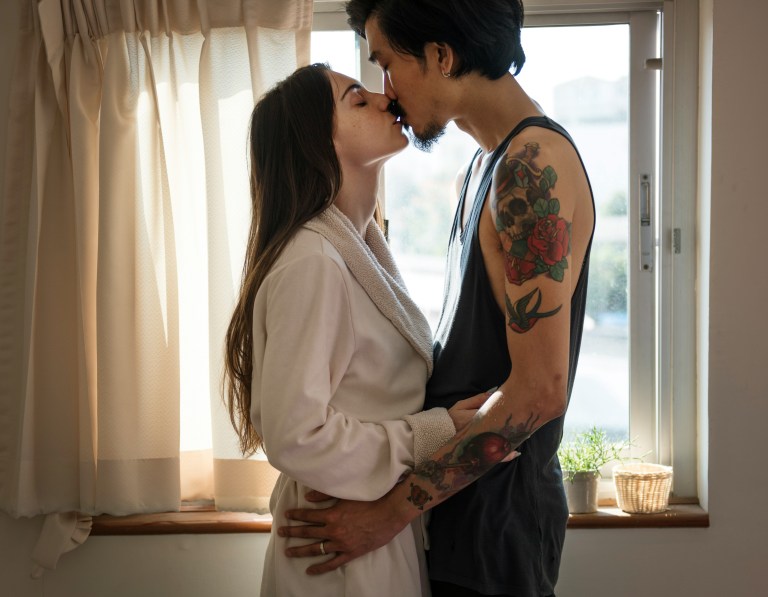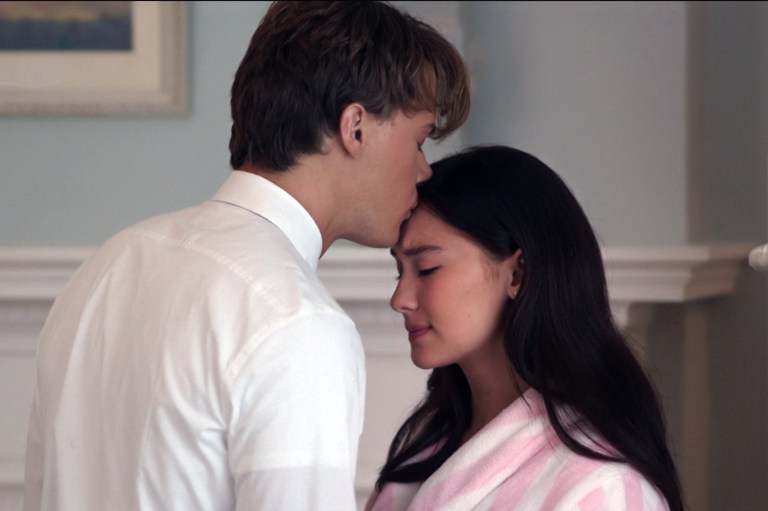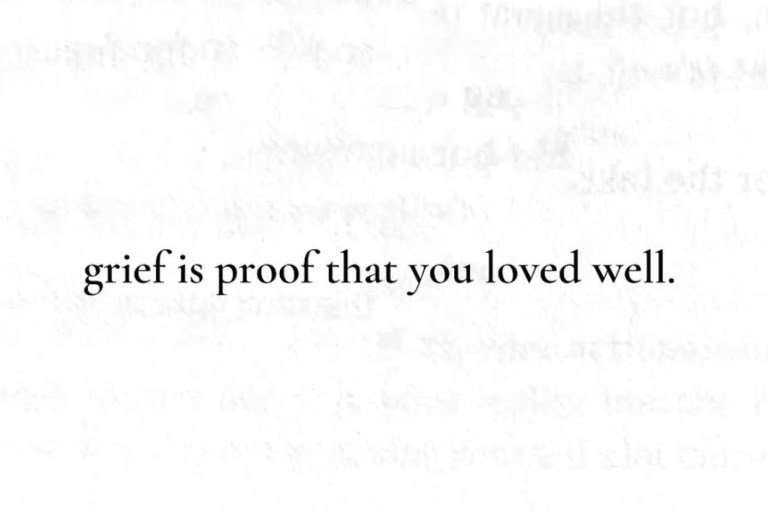
The Extraordinary Gift Of Watching Someone You Love Die

I recently had an exchange with a good friend to whom I hadn’t spoken in over a year. She told me that her father had become quite sick; that she’d gone home to visit him and ended up staying; that for the next few months she watched him deteriorate, day after day after day; and then, within that merciless tedium, how he’d finally died. Now she was still living home, feeling out of sorts, asocial, down on herself — a blob was the word she used, I believe.
From where I sat, removed from the immediate emotional poignancy, it seemed so obvious that she’d been given this enormous gift. She’s a young woman and while her friends were gallivanting around NY and LA, she became intimate with death. She witnessed the extraordinary transformation of body to ghost, of this particular life lived — her father — becoming something else, something immaterial, becoming memory, love, presence. While her friends lived the beautiful finitude of this life — partying, working, fucking, loving, — she lived the infinity within the finitude of these absurd bodies of ours. So, yes, of course the entire social world looks different to her now.
Of course, for many people in the world, death isn’t such a rare event. But for upper middle class Americans, death is something we never expect, rarely see, and assume will somehow be taken care of by others — doctors, caretakers, nurses, cousins. In our Purell-Prozac culture, we have a tendency to wash away the unclean, whether intense feeling or subway microbes.
So when my friend told me that rather than just return to her so-called life — her old apartment, friends, job — she was loafing and flailing, I was pleased (that might not be the right word). Yes, she feels lousy. Yes, she doubts herself. But such is as it should be! Twenty-somethings tend to float through life, passionate and certain and righteous. I sure as shit did. And that is not a bad thing, not at all. In fact, it’s gorgeous. Oh, to be 26 again! To feel that love! At 27, I eloped at 25th and Valencia, the day my new bride and I moved in together! Oh, and to be that smart! I was writing my dissertation and lived my days immersed in phenomenology and Deleuze and my thinking was on fire! I’ll never be so smart again, so passionate again, so ready to love and think again. Yes, to be 20-something is awesome.
But this woman was given something incredible: an intimate taste of the line between the finite and the infinite. What a painful, ugly, exquisite gift! So, yes, she has a difficult time returning to her life, whatever that even means. Good. That is something her father, in dying, gave her.
I had a similar experience watching my sister die. For me, though, this reckoning of life and death came when I was 44. I’d lived so long avoiding the resonance of death through that all-too-familiar mix of cockiness, meds, fear, and distraction. This all changed when my sister became sick, suddenly and awfully. And then when it became clear that she’d die, soon. And then when she entered hospice, the last room she’d ever see while everyone around her stood by, watching as she left this world. And then, after weeks of somehow hanging on to breath, when her body finally decided not to inhale anymore.
Holy shit! Holy fuck! Holy fucking fuck fuck! How can she be gone?!? Forever?!? How do I wrap my skinny jew ass around that infinite absence?
Well, I could try to compartmentalize it, put is somewhere else in my thinking and then “get back” to my life. When I reach for the phone to call her and realize she’s not there, I could just think, somehow, that she’s on vacation.
Or I could indeed try to wrap my body around that infinite absence. I could take her death as a gift, as this thing that was offered me out of supreme generosity and have it run through my veins, my thoughts, my loves, my being, my becoming, through my dreams and imagination. She gave me this experience, this awful, inevitable, exquisite, horrible experience of how one leaves this earth and I could make the most of it.
At almost 45-years-old, I rarely receive presents. When I do, it’s usually a bottle of booze (for which I am always grateful). But my sister, in dying, gave me something else: she gave me a taste of death, a front row seat to that line that separates the finite and the infinite, the physical and the metaphysical.
To bear witness a loved one’s death is an extraordinary gift. It’s a gift from the person, to allow you to be there as they transform into something else. To be shown death! To be shown how to die! What greater gift is there? Would I rather have received a bottle of craft gin? Maybe. On the other hand, how else are we to learn of death? How else are we to know its ways, its ugliness, its stench, its beauty, its horror? From watching those we love — our fathers and sisters and, sometimes, our children — die.
Please do not misunderstand me. I am not happy that my friend’s father died. I am not happy that my sister died. It’s been almost 10 months since she’s been gone and not a day — not an hour — goes by in which I don’t think of her, talk to her, give her a wink. Not a day goes by that I don’t cry.
But, thanks to her death, I am finally coming to learn that people do indeed die. That is what we do, all of us. No duh, you say. But I never understood this. I was always either immortal, ignoring that death would come, or else I was afraid. Watching my sister die gave me a third option: to be present with death.
Don’t get me wrong: I still don’t get death. This gift my sister gave me is not like receiving a vase that you put on the mantle and you’re done. It’s a much more difficult gift. To reckon the infinity of this finitude, that inevitable transformation of body into ghost, is an ongoing process — a gift that keeps on giving.
None of this is to say that witnessing death automatically transforms you into a wise sage. I am suggesting, however, that being intimate with death — especially of someone you love — offers the possibility of transformation, of reckoning, of learning to be neither oblivious nor afraid but to be present with death. I’m saying that witnessing this kind of death can be an extraordinary gift rather than just a loss. ![]()











